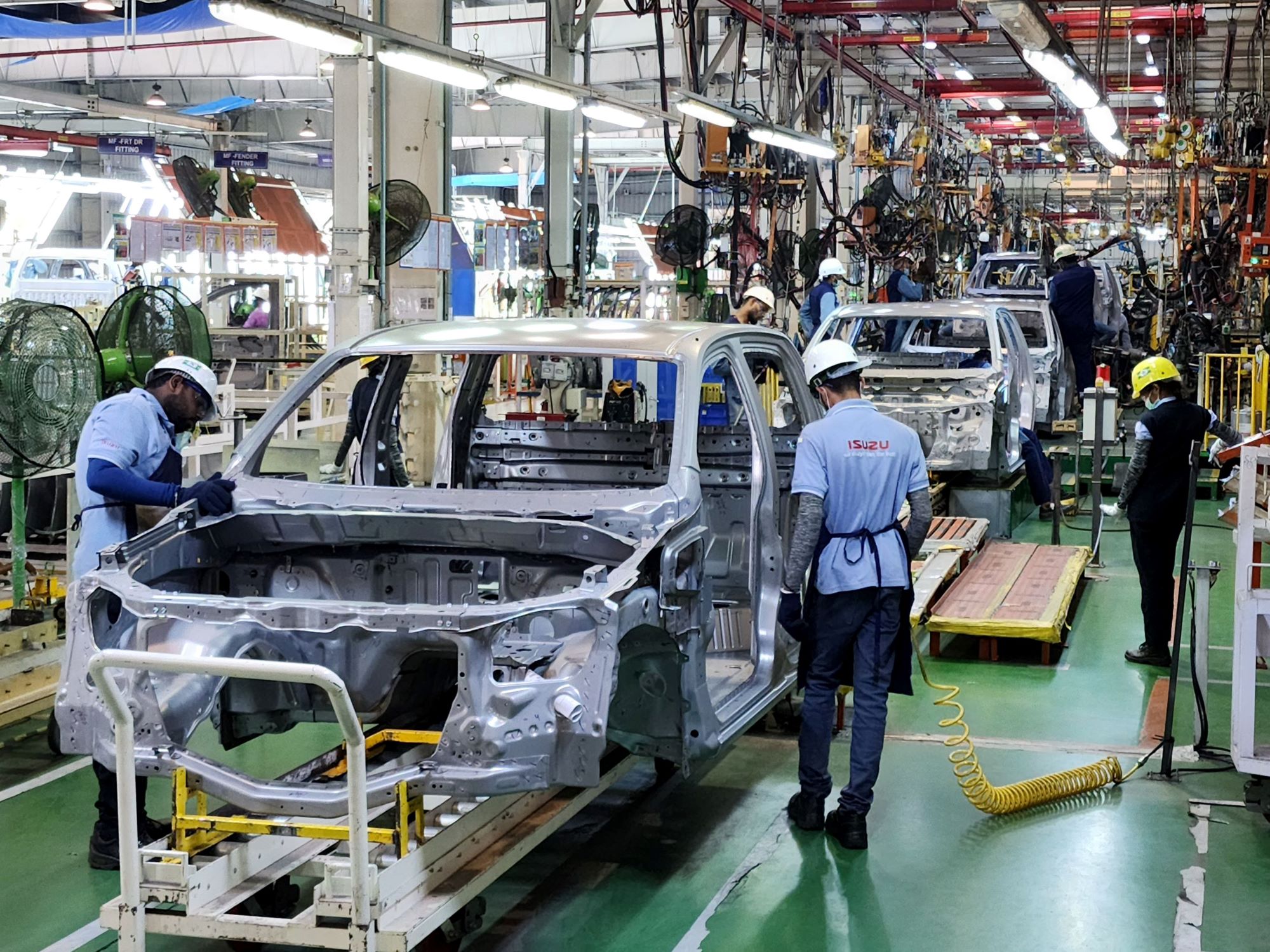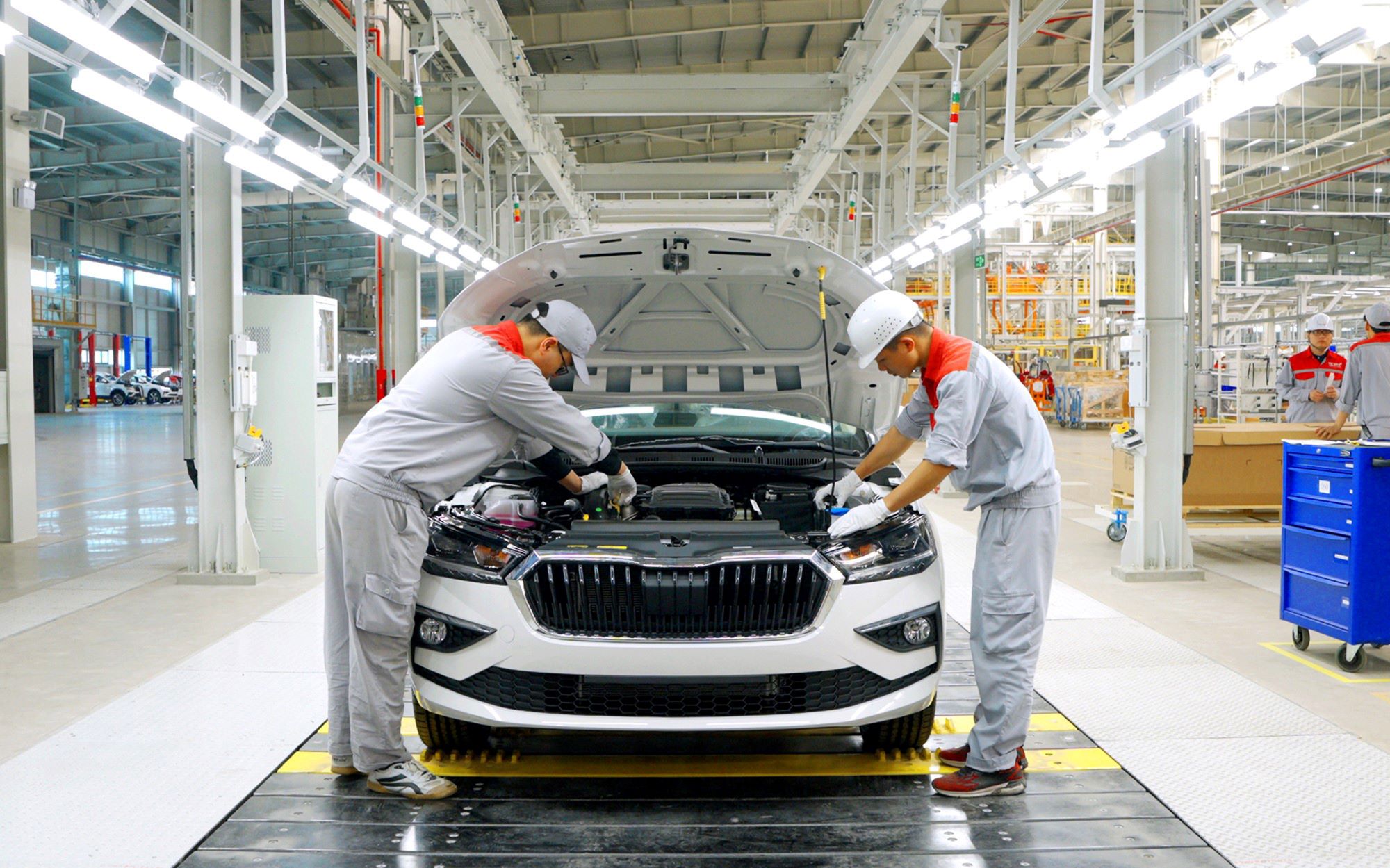Trending Now
- “If Edappadi Palaniswami permits, a thousand young members from the Virudhunagar district AIADMK are prepared to take up arms and engage in battle under my command.” – Former AIADMK Minister Rajendra Balaji
- “India is ready to deal with any counter-attack by Pakistan” – Wing Commander Vyomika Singh
- Central govt orders extension of CBI Director Praveen Sood’s tenure for another year
Tamilnadu News
Transport strike brings TN to a grinding halt; HC orders workers to return to work or face action
![]() January 5, 2018
January 5, 2018
The Madras High Court came down heavily on striking transport workers who paralysed bus services across the state and ordered them to return to work or face strict action.
But the workers’ union said the strike would continue as they did not get a chance to explain their stance and the court had not given a chance for them to be heard at all.
For the commuters, so it would be another harrowing day tomorrow on Saturday unless the government acts swiftly and brings in more people to run the services.
The first bench of the Madras High Court comprising chief justice Indira Banerjee and Justice Abdul Quddhose declared that workers cannot hold the state and its people to ransom through flash strikes without giving notice and in an injunction ordered the workers to end strike and return immediately to work. Or else strict action will be taken, the court said.
The strike by transport workers unions paralysed the bus services leaving thousands of people stranded at several places and brought the state to a grinding halt..
A Soundarrajan, president, Tamil Nadu State Transport Employees Federation, said that strike would continue as they were yet to get the court orders. Once the orders are received, they would be challenged in the high court to seek a chance to explain the workers stand he said. The workers were not given a chance to put across their stand and the judgement is against principles of natural justice, he said.
State transport minister MR Vijayabhaskar told a late evening media conference on Friday that 23 times discussions were held with transport workers unions. We were ready with 2.44 per cent hike but some unions were not accepting this and demanded 2.57 per cent hike and went on strike.
The demand of workers was unjustified, he said, and gave out details of previous meetings and agreements.
The strike began on Thursday evening and continued on Friday. The employees’ unions demanded a 2.57% hike in wages, the government was ready to offer 2.44 per cent hike.
The government tried to run the services with the help of contract buses from private sector, but it was a skeletal service at the best. At many places nearly, the entire fleet was grounded and at few places the bus services were operated with police protection.
























